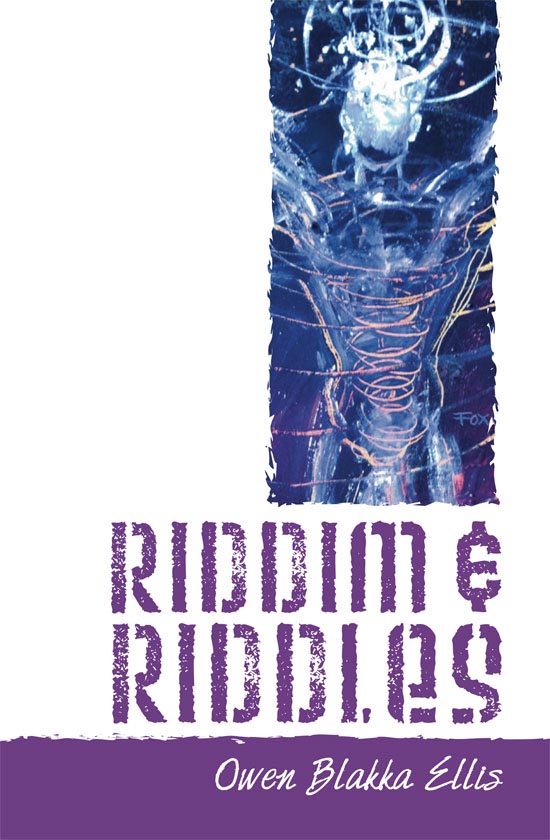Let your mind drift down memory lane, on a leisurely stroll walking the trail of times gone by, shaded by towering cotton and coconut trees flailing in the wind; your path dotted by Hibiscus blooms and Periwinkle Purples, small wooden shops populated by coupling men and women in flirtatious banter. As the warm, tropical breeze caresses your face, carrying with it distant songs – music that dance to a mesmeric beat, all the while layering humorous jingles that emanate from joyful children playing in the streets and the ‘scrups’ of women scrubbing dirty sheets.
Your nostrils captivated by the scintillating aroma rising from vessels that tell the tale of the rice and peas and
curry goat stew that ‘cotched’ precariously upon coal stoves over red flames, and wisps of smoke , awaiting succulent perfection.
That’s it… You’re in the countryside of Jamaica! Every sound, scent, scene, feeling of wonder, blissful, carefree, sweet and sour reminiscence converges upon you in bits of cultural juxtapositions, that leave you taint with a choke-ful of emotions, in Owen ‘Blackka’ Ellis’s Riddim and Riddles.
A compilation of short poetry, Ellis successfully in just 36 literary expositions and less than 90 pages, captures the heart and soul of Jamaicans, landscape, socio-economic background and cultural fabric, articulated in colourful dynamics, yet with such simplicity and depth.
The collection begins, with the piece entitled ‘Just So’, a colloquial Jamaican expression, which does not translate literally but implies that nothing further is needed or that “it is, as is”. A phrase profoundly used to open this collection of cultural innuendos and social truths, “just so”, it is as it is, take it or leave it. Expect to be taken on an expedition through the socially sweet and sour truths, of lives and life in Jamaica. The naked confidence of the male ego and female anatomy, the serene pastures of a Caribbean landscape boasting natural splendor and bustling streets, enriched by renowned characters from Caribbean folklore and West African history. Anansi, Johnny, Whappy and Phillup all featured in a conundrum of stories representing the history and the roots of a nation.
To continue reading , purchase Vol. 7 #10 2015 issue


Share this post:
Let your mind drift down memory lane, on a leisurely stroll walking the trail of times gone by, shaded by towering cotton and coconut trees flailing in the wind; your path dotted by Hibiscus blooms and Periwinkle Purples, small wooden shops populated by coupling men and women in flirtatious banter. As the warm, tropical breeze caresses your face, carrying with it distant songs – music that dance to a mesmeric beat, all the while layering humorous jingles that emanate from joyful children playing in the streets and the ‘scrups’ of women scrubbing dirty sheets.
Your nostrils captivated by the scintillating aroma rising from vessels that tell the tale of the rice and peas and
curry goat stew that ‘cotched’ precariously upon coal stoves over red flames, and wisps of smoke , awaiting succulent perfection.
That’s it… You’re in the countryside of Jamaica! Every sound, scent, scene, feeling of wonder, blissful, carefree, sweet and sour reminiscence converges upon you in bits of cultural juxtapositions, that leave you taint with a choke-ful of emotions, in Owen ‘Blackka’ Ellis’s Riddim and Riddles.
A compilation of short poetry, Ellis successfully in just 36 literary expositions and less than 90 pages, captures the heart and soul of Jamaicans, landscape, socio-economic background and cultural fabric, articulated in colourful dynamics, yet with such simplicity and depth.
The collection begins, with the piece entitled ‘Just So’, a colloquial Jamaican expression, which does not translate literally but implies that nothing further is needed or that “it is, as is”. A phrase profoundly used to open this collection of cultural innuendos and social truths, “just so”, it is as it is, take it or leave it. Expect to be taken on an expedition through the socially sweet and sour truths, of lives and life in Jamaica. The naked confidence of the male ego and female anatomy, the serene pastures of a Caribbean landscape boasting natural splendor and bustling streets, enriched by renowned characters from Caribbean folklore and West African history. Anansi, Johnny, Whappy and Phillup all featured in a conundrum of stories representing the history and the roots of a nation.
To continue reading , purchase Vol. 7 #10 2015 issue
Share this post: